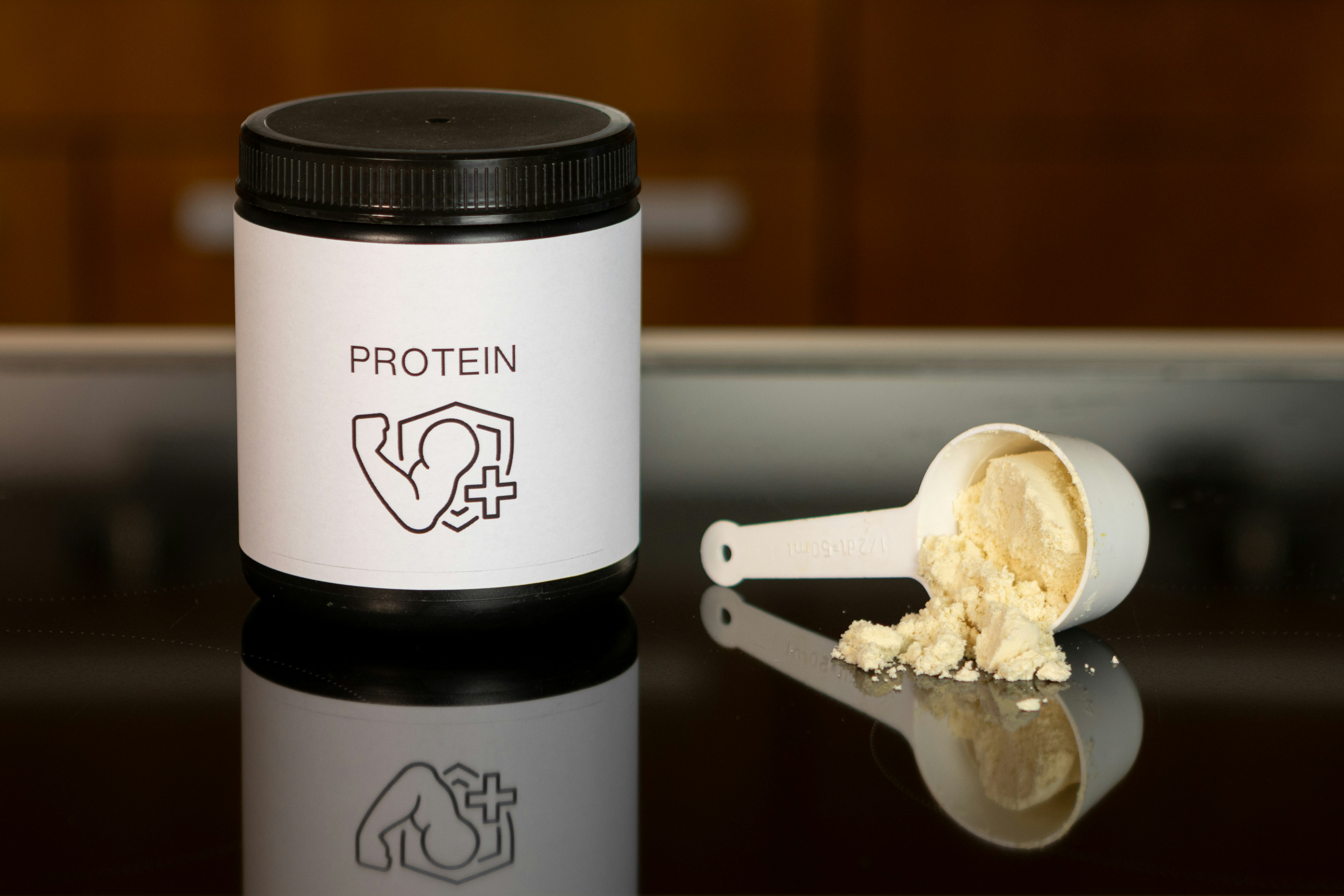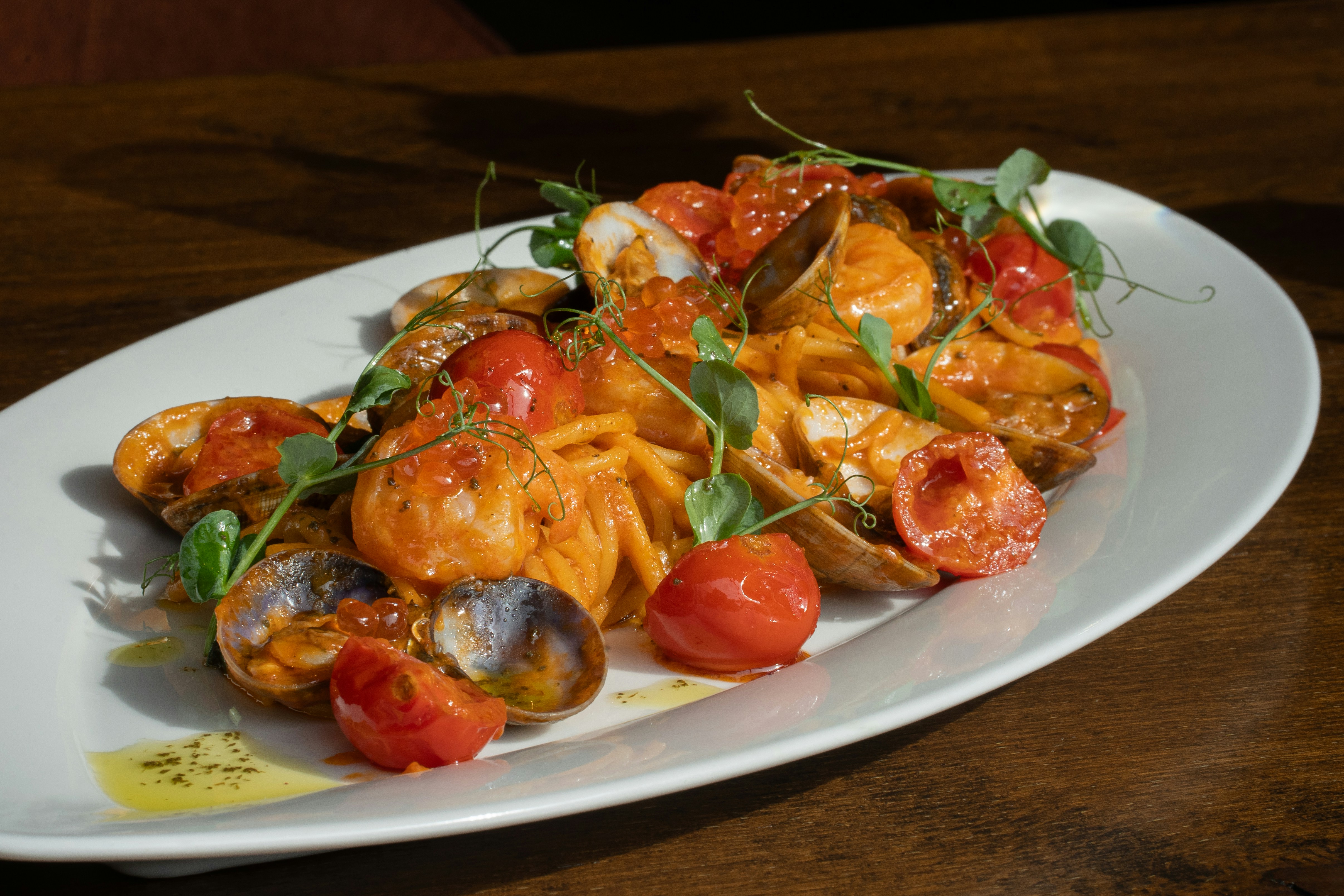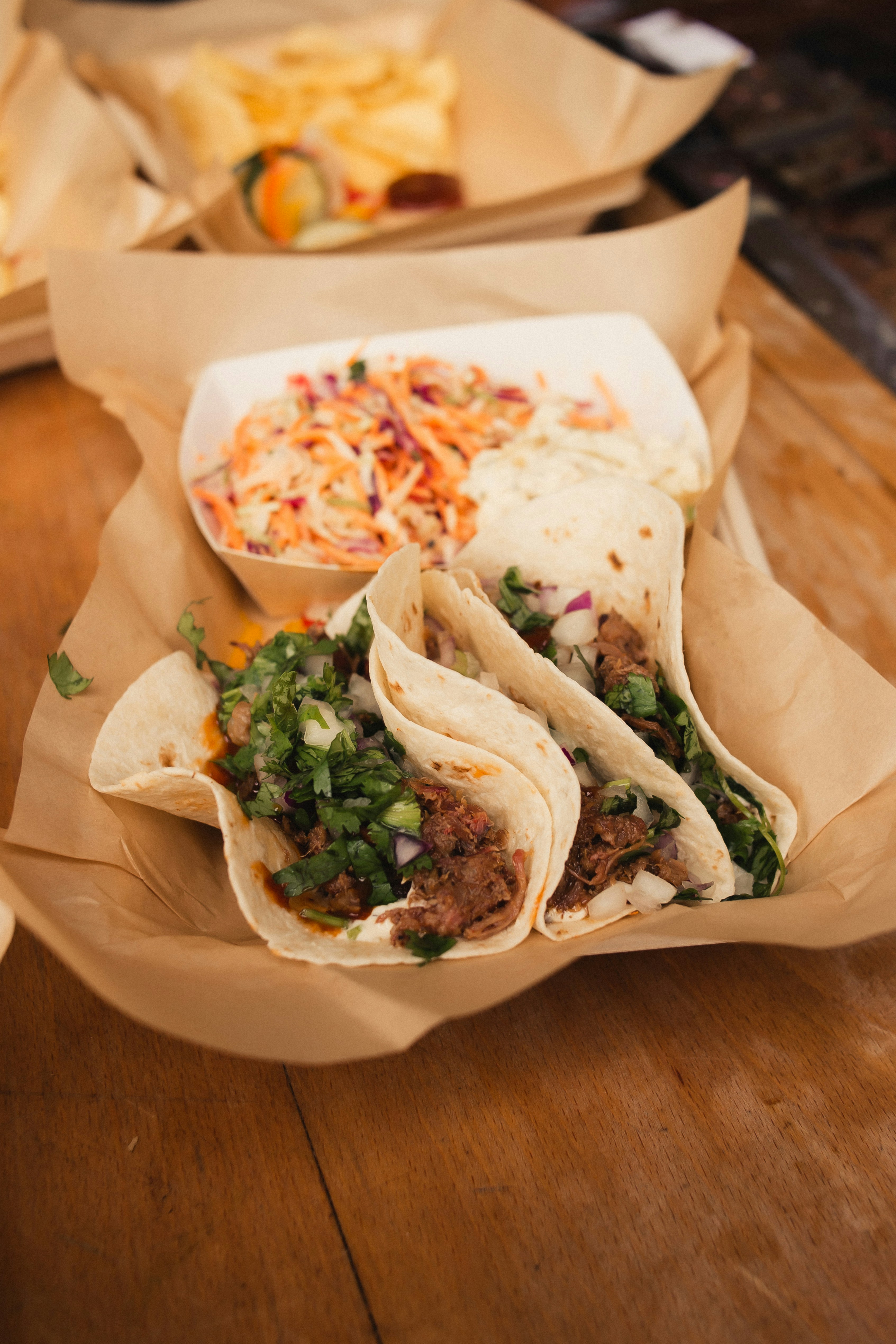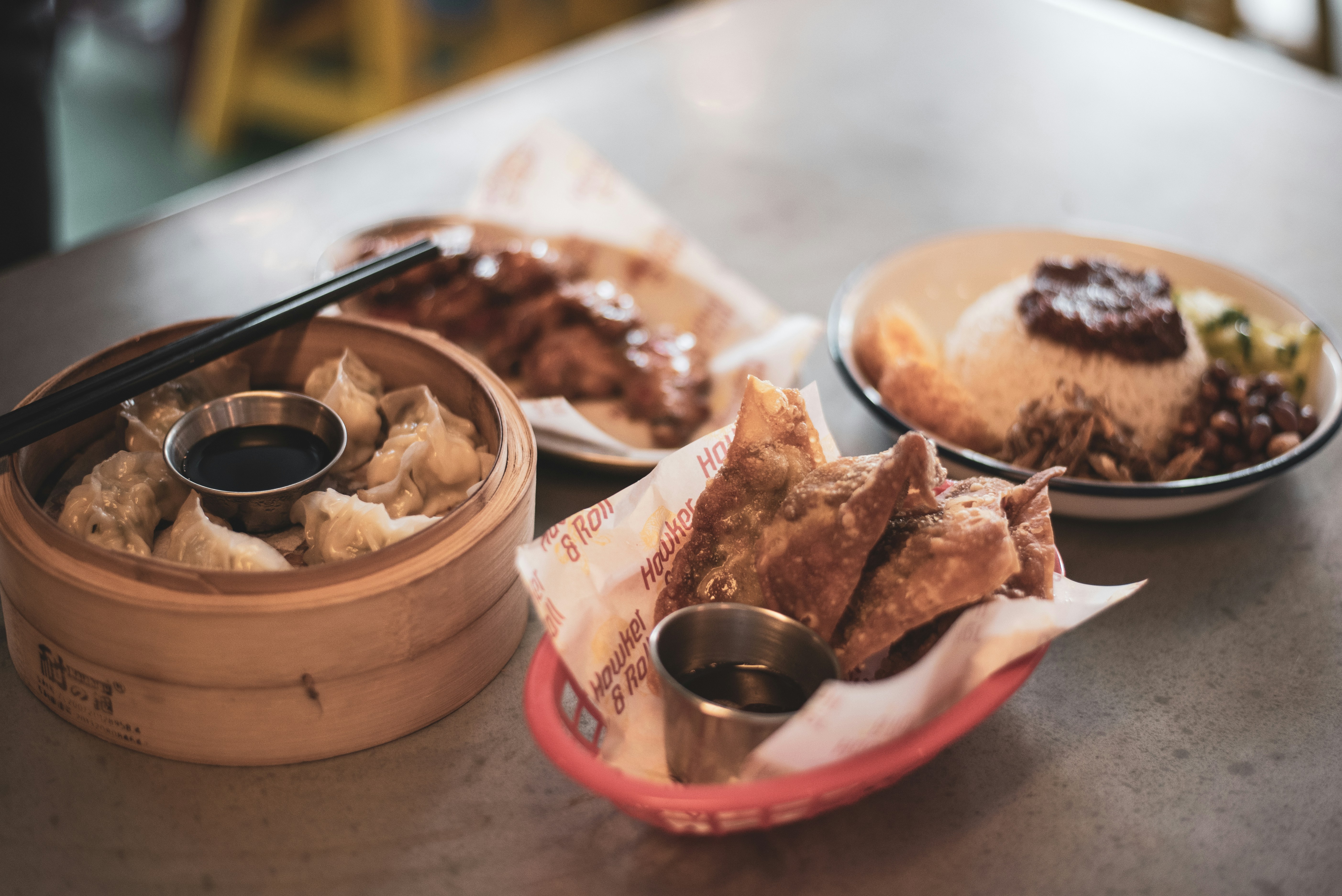
Introduction to High-Protein Meals
High-protein meals are a fundamental aspect of nutrition, particularly for athletes and fitness enthusiasts dedicated to building muscle and enhancing performance. Proteins, composed of amino acids, serve as the building blocks for muscle tissue, making their consumption vital for anyone engaged in rigorous physical activities. When individuals exercise, especially during strength training, their muscles undergo wear and tear. To recover and grow stronger, the body requires sufficient protein intake, which plays a critical role in muscle repair and synthesis.
The importance of high-protein meals extends beyond muscle building. Adequate protein intake contributes to overall health by supporting metabolic processes, aiding weight management, and enhancing immune function. For athletes, protein not only helps facilitate recovery post-workout but also plays a pivotal role in optimizing body composition by promoting a leaner physique through fat loss and muscle gain.
According to the American College of Sports Medicine, individuals engaging in regular exercise may benefit from consuming between 1.2 to 2.0 grams of protein per kilogram of body weight daily. This recommendation varies based on the intensity and frequency of physical activity. Athletes involved in endurance sports might aim towards the lower end of this spectrum, while those focused on strength training may require higher protein intake to support their muscle-building goals.
Incorporating high-protein foods consistently throughout the day is essential for maximizing performance and achieving desired fitness outcomes. Quality protein sources such as lean meats, dairy products, legumes, and plant-based alternatives not only provide the necessary nutrients for muscle development but also contribute to a balanced diet. By prioritizing protein-rich meals, athletes and fitness enthusiasts can fuel their training sessions, promote muscle recovery, and ultimately support their fitness journey.
Benefits of a High-Protein Diet
Incorporating high-protein meals into your dietary regimen can yield numerous benefits, especially for individuals focused on muscle building and overall fitness. Proteins serve as the fundamental building blocks for muscle tissue, aiding in muscle repair and growth following rigorous exercise. Consuming sufficient protein post-workout not only supports recovery but also enhances muscle synthesis, which is crucial for those seeking to increase muscle mass.
Moreover, a high-protein diet enhances satiety, making it a beneficial approach for those aiming to manage their weight effectively. Studies indicate that protein-rich meals can lead to a greater feeling of fullness, which may reduce overall calorie intake. This aspect is particularly useful for individuals working on achieving a caloric deficit while striving to maintain muscle mass, as it helps prevent unnecessary snacking between meals.
In addition to satiety, protein consumption can positively influence metabolism. The thermic effect of food (TEF), which refers to the energy expended during digestion, is often higher for protein when compared to carbohydrates or fats. This means that consuming a diet rich in protein can contribute to an increased metabolic rate, facilitating more effective calorie burning throughout the day. As a result, individuals integrating high-protein meals into their diets can experience improved energy levels, which enhances workout performance and daily activities.
Furthermore, engaging in a high-protein dietary approach plays a vital role in preserving lean muscle mass during weight loss. This is particularly important as many individuals may experience muscle loss when reducing caloric intake. By prioritizing protein, individuals can ensure they are not only losing fat but also maintaining their hard-earned muscle mass.
Key Protein Sources for Athletes
For athletes engaged in muscle building and overall fitness, incorporating high-protein foods is essential. Among the myriad of options available, chicken emerges as one of the most popular protein sources. It is low in fat and highly versatile, making it easy to include in various dishes. A typical serving of chicken breast contains around 26 grams of protein per 100 grams, combined with essential nutrients such as niacin and vitamin B6, which support metabolism and energy production.
Tofu, a plant-based protein source, has gained popularity among vegetarians and vegans. Comprising about 8 grams of protein per 100 grams, it offers a complete amino acid profile. Tofu is also rich in calcium and iron, contributing to bone health and overall vitality. Its adaptability in recipes allows for seamless integration into stir-fries, salads, and smoothies, catering to various dietary preferences.
Eggs are another stellar option, boasting approximately 6 grams of high-quality protein per large egg. They are not only rich in protein but also contain essential fatty acids and vitamins such as B12 and D. The ease of preparation — whether boiled, scrambled, or poached — makes eggs a convenient snack or breakfast choice for athletes striving to meet their nutritional needs.
In addition to whole foods, protein shakes provide a quick and efficient means to boost protein intake. With the ability to combine protein powders from whey, casein, or plant-based sources, these shakes can supplement an athlete’s diet effectively. Typically, a single scoop of protein powder contains around 20-30 grams of protein, making it a time-efficient option for those requiring convenience post-workout.
In summary, incorporating a variety of these high-protein foods can greatly enhance muscle building efforts while supporting overall health. Athletes should aim for a balanced diet that includes chicken, tofu, eggs, and protein shakes to optimize their performance and recovery.
Macros Table: Understanding Protein, Carbs, and Fats
For individuals pursuing muscle building, understanding the macronutrient composition of various foods is crucial. A proper balance of protein, carbohydrates, and fats is essential to support muscle repair, energy levels, and overall health. Below is a detailed macros table highlighting different high-protein meals and their associated macronutrient contents.
1. **Grilled Chicken Breast (100g)**: – Protein: 31g – Carbohydrates: 0g – Fats: 3.6g Grilled chicken breast is a quintessential high-protein meal often favored by those looking to increase muscle mass. Its low-fat content complements the high protein, making it an excellent choice for a lean protein source.
2. **Quinoa (100g, cooked)**: – Protein: 4g – Carbohydrates: 21g – Fats: 2g Quinoa not only provides a moderate amount of protein but also serves as a gluten-free carbohydrate source, rich in essential amino acids, making it suitable for muscle recovery.
3. **Eggs (1 large)**: – Protein: 6g – Carbohydrates: 0.6g – Fats: 5g Eggs are versatile and nutrient-dense, delivering a good amount of protein along with healthy fats, which can support hormonal health and energy levels.
4. **Canned Tuna (100g)**: – Protein: 30g – Carbohydrates: 0g – Fats: 1g Canned tuna presents a high-protein option, perfect for quick meals. It is low in carbohydrates and fats, making it an ideal choice for muscle-focused diets.
5. **Greek Yogurt (200g)**: – Protein: 20g – Carbohydrates: 12g – Fats: 10g Greek yogurt is a nutritious snack or meal addition, rich in protein and beneficial probiotics, supporting digestive health alongside muscle repair.
By incorporating a variety of these foods into your diet, you can effectively meet your macronutrient targets, thus maximizing your muscle-building potential through optimal nutrition. Understanding these macronutrient values is an important first step on your fitness journey.
Pre-Workout High-Protein Meal Ideas
Engaging in a demanding workout regimen necessitates optimal fuel before hitting the gym, and a high-protein meal can significantly enhance performance. Consuming protein-rich foods prior to exercise not only aids in muscle repair and growth but also provides the energy needed for effective workouts. It is essential to strategically time your nutrition, ideally enjoying a balanced meal about 1 to 2 hours before exercising to maximize energy levels.
One simple yet effective pre-workout meal is a Greek yogurt parfait. By layering Greek yogurt with fresh berries and a sprinkle of granola, you obtain a delicious combination that is rich in protein and provides necessary carbohydrates for energy. Greek yogurt alone offers about 20 grams of protein per serving, which makes it an excellent choice for muscle recovery.
Another suitable option is a smoothie packed with protein. Using a base of almond milk or cow’s milk, add a scoop of protein powder, a banana, and a tablespoon of nut butter. This meal will give you the protein boost needed for endurance and the carbohydrates to sustain your workout. Dairy alternatives, as well as natural nut butter, add healthful fats that can fuel prolonged exercise.
If you prefer a solid meal, consider preparing an omelet with vegetables and a side of whole-grain toast. Eggs are an exceptional protein source, and each contains about 6 grams of protein. Plus, incorporating colorful vegetables increases the nutrient density while adding fiber that can help maintain energy levels throughout your session.
Overall, choosing the right high-protein meals before workouts sets the stage for a successful fitness journey. By integrating these meal ideas into your routine, you can provide your body with the necessary ingredients for energy and muscle development, ensuring that you maximize every training session.
Post-Workout High-Protein Meal Ideas
After an intense workout, the body requires proper nourishment to recover and repair itself effectively. Protein plays a crucial role in this recovery process, as it provides the essential amino acids necessary for muscle repair and growth. Consuming high-protein meals post-exercise not only helps replenish muscle glycogen but also stimulates muscle protein synthesis, which is vital for building lean muscle mass. For individuals aiming to enhance their fitness journey, integrating high-protein meals into their post-workout routine is essential.
One excellent option for a post-workout meal is a classic protein smoothie. Blend together a scoop of protein powder, a banana, a tablespoon of almond butter, and a cup of spinach with unsweetened almond milk. This smoothie offers a quick source of protein, carbohydrates, and healthy fats while also being easy to digest. Moreover, it can be customized to include various fruits or vegetables, catering to personal preferences.
Another high-protein meal idea is a quinoa salad with grilled chicken. Cooked quinoa is a complete protein, containing all nine essential amino acids, making it an ideal base for muscle recovery. Combine it with diced grilled chicken, chopped vegetables, and a light vinaigrette to create a refreshing meal that is both nutritious and satisfying.
For those seeking a heartier option, a turkey and vegetable stir-fry can be beneficial. Using lean ground turkey, stir-fry with an assortment of vegetables such as bell peppers, broccoli, and snap peas. Serve it over brown rice or whole grain noodles to provide a balanced meal rich in protein, vitamins, and minerals.
Incorporating these high-protein meal ideas into your post-workout routine will help ensure that your body receives the necessary nutrients for an effective recovery, aiding in muscle building and overall fitness progress.
Quick and Easy High-Protein Snacks
High-protein snacks are essential for athletes and fitness enthusiasts who need quick, nutritious options to fuel their busy lifestyles. One popular choice is protein bars, which are specifically formulated to offer a substantial amount of protein in a convenient format. These bars often contain a blend of whey, casein, or plant-based protein sources, offering a substantial protein boost ideal for pre- or post-workout consumption. When selecting protein bars, look for options that are low in added sugars and contain wholesome ingredients such as nuts, seeds, and dried fruits.
Another excellent option is high-protein yogurt, available in various flavors and styles, including Greek yogurt, which is renowned for its high protein content. Greek yogurt can be enjoyed on its own or as a versatile base for smoothies and parfaits. Adding a handful of berries, granola, or a sprinkle of nuts can enhance both the flavor and the nutritional profile, making it a satisfying snack option that aligns with muscle-building goals.
Nuts and seeds also make for quick and nutritious snacks. Mixing almonds, walnuts, pumpkin seeds, and sunflower seeds creates a nutrient-dense trail mix that offers good tasting benefits and supports muscle recovery. A single serving, roughly a quarter-cup, provides a significant amount of protein while also delivering healthy fats and fiber. Portion control is key here, as it is easy to overindulge in these calorie-dense snacks, which may undermine fitness goals.
For those with a busy schedule, meal prepping high-protein snacks ahead of time can be beneficial. Preparing snack bags with nuts or portioned yogurt can save time and ensure that healthy choices are always at hand. By incorporating these quick and easy high-protein snacks into your routine, you can efficiently support your muscle-building efforts while maintaining energy levels throughout your day.
Protein Shake Recipes for Muscle Building
Incorporating protein shakes into your daily routine can be an efficient way to meet your muscle-building goals. These shakes provide a convenient source of high-quality protein, which is crucial for repairing and building muscle tissues after workouts. Below are some delicious and nutritious protein shake recipes that cater to different tastes while supporting your fitness journey.
One popular recipe is the classic banana and whey protein shake. To make this, blend one ripe banana, one scoop of whey protein, a cup of almond milk, and a tablespoon of almond butter. This shake not only delivers protein but also healthy fats and carbohydrates, making it a balanced post-workout option. If you prefer plant-based alternatives, consider substituting whey protein with pea or hemp protein powder.
Another great combination is the berry blast protein shake. Combine a scoop of vanilla or berry-flavored protein powder, a cup of mixed frozen berries, a cup of Greek yogurt, and a splash of coconut water. This shake is rich in antioxidants and beneficial for muscle recovery while providing a refreshing taste. You can also add spinach or kale for an extra nutrient boost without altering the flavor significantly.
For those who enjoy a chocolatey flavor, try the chocolate peanut butter protein shake. Blend together one scoop of chocolate protein powder, a tablespoon of natural peanut butter, a cup of unsweetened almond milk, and a handful of ice. This version satisfies your chocolate cravings while delivering essential protein and healthy fats, making it an ideal snack or meal replacement.
Ultimately, the versatility of protein shakes allows you to experiment with different ingredients that suit your preferences, whether you are aiming to increase your protein intake or simply enjoy a tasty drink. By incorporating these recipes into your regimen, you can effectively fuel your body for optimal muscle growth.
Conclusion: Fueling Your Fitness Goals with High-Protein Meals
As we have explored throughout this post, incorporating high-protein meals into your diet is essential for effective muscle building and overall fitness. Protein plays a pivotal role in repairing and building muscle tissue, making it a non-negotiable element of any athlete’s nutrition strategy. By prioritizing protein in your diet, you support not only muscle repair but also the enhancement of your physical performance and recovery durations.
The recipes and ideas presented herein offer a variety of delicious options that can seamlessly fit into your daily meal plans. Whether you are a seasoned gym-goer or just starting your fitness journey, experimenting with these high-protein meals can make a significant difference in your nutrition. By diversifying your protein sources—ranging from lean meats and fish to plant-based options like legumes and quinoa—you’re not just meeting your protein needs; you are also providing your body with essential nutrients that foster overall health and well-being.
It is important to remember that building muscle is a gradual process that requires consistency, dedication, and a balanced approach to nutrition. As you experiment with the high-protein recipes provided, consider how each meal can contribute to your overall fitness goals. Don’t hesitate to adjust these recipes to suit your preferences or dietary restrictions, ensuring that your meals are both nutritious and enjoyable.
Ultimately, high-protein meals serve as a cornerstone for anyone committed to building strength and enhancing their physical performance. By making a conscious effort to include these meals in your weekly diet, you empower yourself to reach your fitness aspirations and lead a healthier lifestyle. Embrace the journey and enjoy discovering what works best for you in the pursuit of your fitness goals.





Add comment